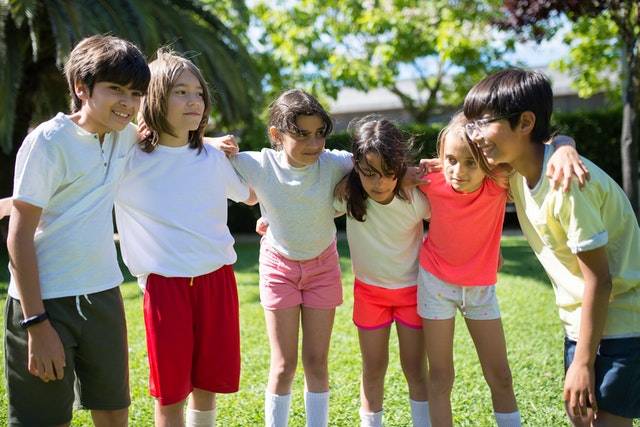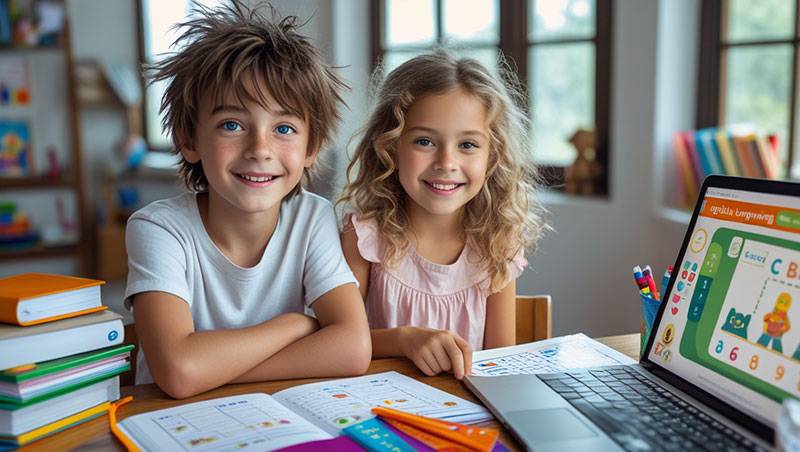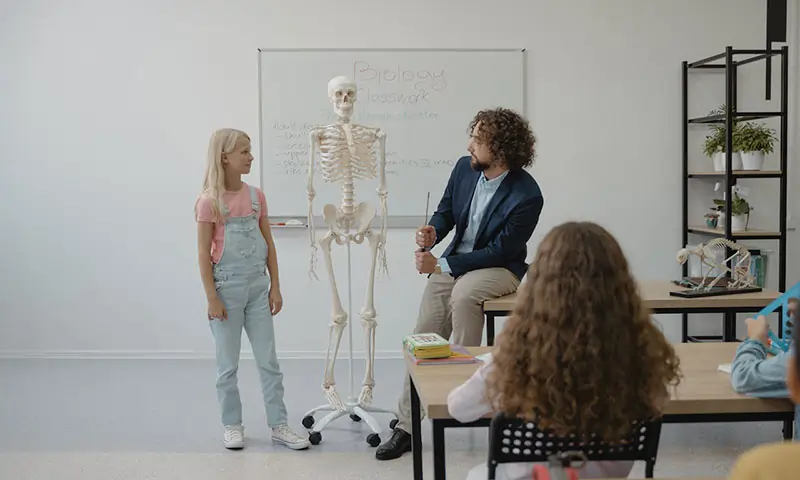The Benefits of Outdoor Learning for Children

It’s important for children to understand that knowledge is available to them everywhere, not just inside the four walls of a classroom. They can learn no matter where they are, especially in the great outdoors. This is why lots of schools are trying to incorporate outdoor learning into their curriculums in the form of “Forest School”, focussing on a holistic approach to learning. After all, there are lots of benefits to outdoor learning, as explored below by a prep school near St Albans.
Improves Health and Wellbeing
One of the most obvious benefits of outdoor learning is the fact that it encourages children to get some much-needed exercise and fresh air. Not only is this great for their physical fitness, being surrounded by nature is important for their mental wellbeing. So many children nowadays are spending a worrying amount of time with their heads glued to their phones, which can have a detrimental impact on their health, so encouraging them to spend some time outdoors is certainly a good idea.
Inspires Curiosity
Children who explore various different environments are far more likely to demonstrate curiosity because they have more opportunity to speculate. When confined to a classroom, there’s limited opportunity for children to flex their curious minds, so it’s important to expose them to new experiences. Playing outdoors will give them the chance to ask about plants and bugs, birds and squirrels, and other aspects of nature that they wouldn’t otherwise learn about indoors.
Improves Motor Skills
Motor skills are the muscle movements that we use in everyday life. Fine motor skills involve the smaller muscles in our hands, fingers, and wrists, and they are what allow us to tie our shoelaces, write a letter, or button up our shirts. Gross motor skills are what allow us to do things like jump, run, and stand up, as they involve the larger muscles in our arms, legs, and torso. Children must practise these skills in order to be able to perform tasks independently, and outdoor learning is a chance for them to do so.
Teaches Risk Assessment
The great outdoors exposes children to a range of new risks. The ability to identify hazards and deal with them accordingly is important for their development, and something that they don’t really get to practise when sitting at a desk in a classroom. An example of a risk they might have to assess is climbing a tree; is the branch big and strong enough to hold their body weight? Are they likely to fall and hurt themselves?
Improves Recall
Research has found that when children actively experience something, as opposed to learning about it from a textbook, they are more likely to recall the information. So, if your child is learning about rivers in Geography, why not take a visit to a river and see what you can learn?
Encourages Respect for the Environment
With such as strong focus on the effects of global warming and climate change, it’s important for parents to encourage their children to respect the environment. There’s no better way to do so than to ensure they spend plenty of time outdoors and develop a lifelong love of nature.
Increases Confidence
The skills and knowledge developed through outdoor learning all contribute to a child’s overall confidence. They will learn to believe in themselves and their abilities. What’s more, the physical and mental challenges that children are faced with during outdoor exploration will help them feel more resilient and adventurous.
Here are some examples of some outdoor learning activities you could try with your child, at home:
- Taking a mindful walk through the woods and talking about the trees, plants, and wildlife you spot
- Building a bird feeder or a bug hotel to attract living things to your garden
- Growing your own vegetables or other plants to teach your child about photosynthesis and what’s involved in keeping plants alive
- Going camping and exploring various survival skills, such as map reading or preparing a meal with limited supplies
- Preparing a scavenger hunt in which your child must look for outdoor objects, like a conker or an acorn
- Getting crafty using natural materials like leaves and bark to create an artistic masterpiece
These are just a few examples to get you started, but there are plenty more activities you could try in the garden or at your local park. When spending time outside, be sure to ask your child questions about nature, such as “how do you think these trees will change in summer/winter?” or “what kind of natural habitat do you think these bugs need to survive?”. Don’t be afraid to get your hands dirty and get experimental.


